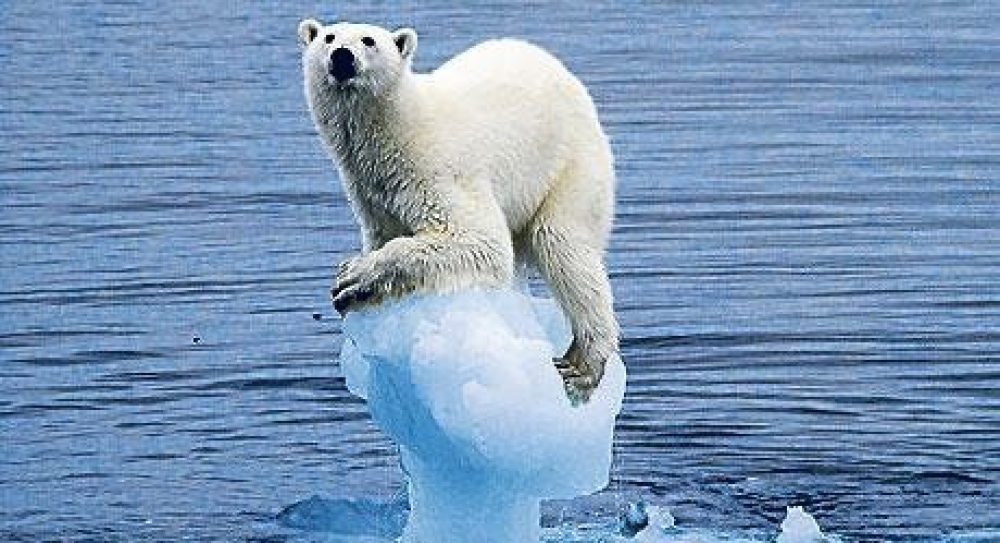Some personal reflections by GIFT researcher, Dr Ross Westoby
Reflecting on Al Gore’s ‘Climate Crisis’ training, I ponder the meaning of terming it a ‘climate crisis’. According to the Oxford Dictionary a ‘crisis’ is: “A time of intense difficulty or danger or a time when a difficult or important decision must be made”. Put climate and crisis together and we have our climate in an intense and dangerous time where a difficult or important decision must be made. And after attending the training and reiterating what I already knew, we should be feeling panic! Outright panic in a dangerous time where critical decisions need to be made.
Best case scenarios are going to cause devastation, all while we in Australia drag our feet. It makes me reflect on Lesley Head’s (2018) work, who stated that most people, including climate scientists, are in a state of denial. Not denial of the science, but denial of the impacts and huge transformations our society will need to endure in the not too distant future. The ‘far off’ places experiencing untold climate horrors will soon be a lived reality in Australia and other wealthy nations. It won’t be long before our houses will not be insurable along coastlines, in the tropics, and in bushfire-prone areas. The insurance and financial sectors are all doing the sums while we live in this denial prism.
So how do we shift from denial? Lesley Head argues we need hope. Not blind hope, but pragmatic hope; hope in the form of action. Anna Skarbek, CEO of ClimateWorks Australia put forward in her presentation the concept of backcasting “in which a successful outcome is imagined in the future, followed by the question: “what do we need to do today to reach that successful outcome?” This is more effective than relying too much on forecasting, which tends to have the effect of presenting a more limited range of options, hence stifling creativity, and more important, it projects the problems of today into the future.”
The movie 2040 recently modelled such backcasting, relying on already existing technologies, that if we all embraced we could have hope. The film is creative, as is Al Gore’s original Inconvenient Truth. Creativity, art, and the personal allows us to grapple with this reality, and helps to balance fear and hope. Not without criticism, the film centres on a family who hopes for a better, safer world for their daughter’s future if actions were taken now.
So why are we not acting like this is the most important speck in time, as was stated by the QLD Minster of Environment Honourable Leeane Enoch MP? Why is it that during the training, and with hard evidence, I can see that we can have net zero emissions and thrive in Australia, that regional QLD is one of the fastest solar uptake of anywhere on earth, in two years’ time renewables will be cheaper than existing coal plant electricity generation and Adani’s project isn’t economically feasible to turn a profit, and yet we are still heading towards a climate crisis?
The answer lies in vested interest. Interests that don’t want change; they understand the science but aren’t willing to wear the costs. There is, according to Anne Poelina, too much ‘corporate welfare’, and according to Al Gore, subsidising the dirty industries, and they (the vested interests like coal companies and those empires that prop them up such as Murdoch’s media) are resisting the ‘forever industries’ (Anne Poelina). We in Australia could be the super power of renewable energy, pumping this stuff out to our neighbours with the wealth of wind and sun that is bestowed on our nation (Mike Cannon-Brookes and Al Gore).
So how do we be that hope, individually? How do we most quickly affect change? The message was clear, vote. Vote and act in your community, your council, your state, and your nation. But there are other ways and as the last federal election proves our future can be snared by vested interests.
Capitalism is the system we live in. As Al Gore spoke, he strongly stated: “I’m a capitalist, proudly so!” Regardless of your persuasions, almost all of us are within the system. We are all investors. Here in Australia we all have superannuation, we are all investing in things. So, without personal sound investment advice, some presenters at the training proposed using your investments to backcast the future you want. See what world you want your children to live in. Backcast and put your investments into the world you want. Also show the markets what you care about on a daily basis through your purchases. Building on the nonviolence movement that overthrew Marcos, with people removing money from banks in the Philippines, remove capital – your capital – from things that inhibit a future world you want to live in.
Yes, we should feel panic; but fear, panic and similar emotions may lead to denial at what is at stake, what we need to do now, and how urgently we must act. To borrow from Al Gore, we must dip into our ‘hope budget’. Hope for a better future that has driven transformations for millenniums. Not blind hope, but rather an action-based and sustainable hope, not tomorrow but today.
